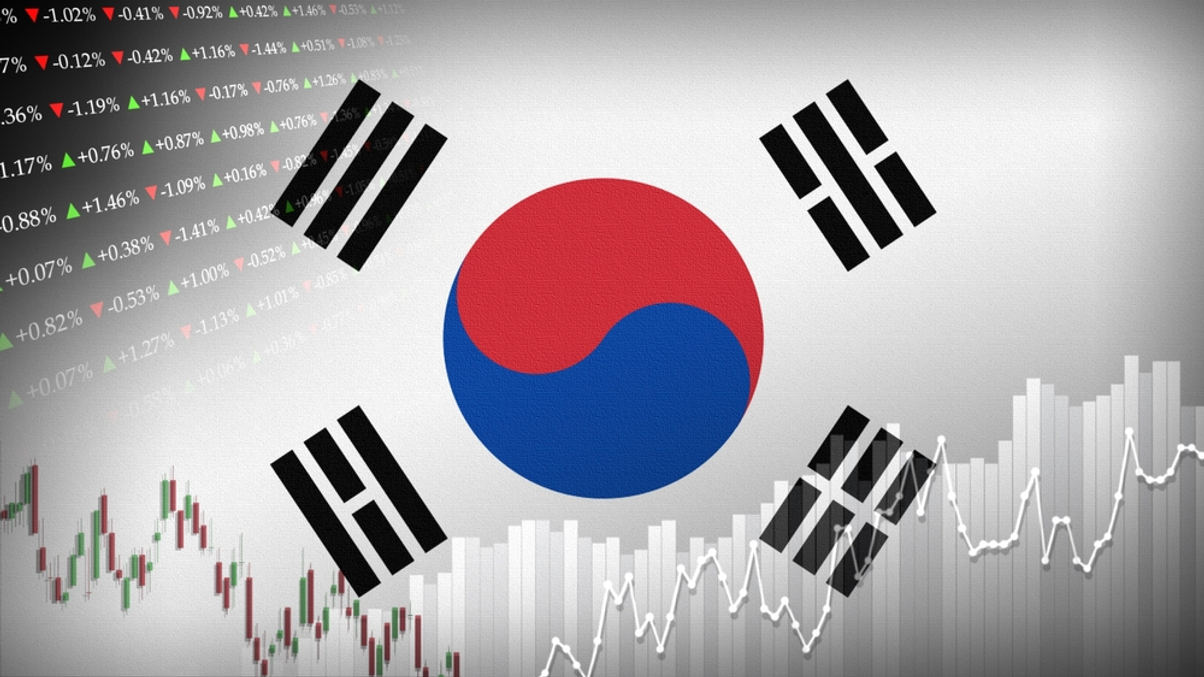Political turmoil in Korea fuels market instability
Despite the political uncertainty, institutional investors are maintaining a positive outlook for South Korea's equity market citing attractive valuations and expectations that the crisis will be short-lived.

Sign in to read on!
Registered users get 2 free articles in 30 days.
Subscribers have full unlimited access to AsianInvestor
Not signed up? New users get 2 free articles per month, plus a 7-day unlimited free trial.
¬ Haymarket Media Limited. All rights reserved.


